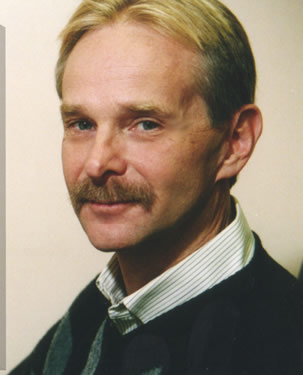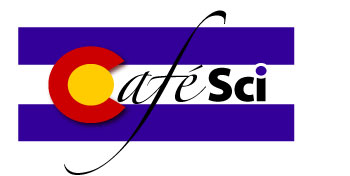MARK E. EBERHART is a professor of chemistry and geochemistry at the Colorado School of Mines and the author of the very popular 2004 book Why Things Break. He received a B.S. in Chemistry and Applied Mathematics, and an M.S. in Physical Biochemistry from the University of Colorado in Boulder, and then a Ph.D. in Materials Science and Engineering from the Massachusetts Institute of Technology. The story of his stay in Boston is retold in Why Things Break, and he offers a theory of why the same winter temperature feels so much colder in Boston than in Denver that has nothing to do with humidity (your intuition may vary.) More information, including pictures of his snazzy car and incredibly snazzy bicycle, can be found here. |

|
The story of our relationship with energy is the story of human development, says Mark Eberhart. Energy does more than fill our gas tanks; it enables us to build, explore, and experiment. Our future is inextricably linked to energy—conserving it, discovering it, and developing it. Marks’s book on this topic, Feeding the Fire: The Lost History and Uncertain Future of Mankind's Energy Addiction, will come out in 2007, so we will be treated to a preview of his thoughts, such as:
• the historic link between human civilization and energy
• how we became such energy-guzzling and energy-obsessed creatures
• the science of energy from the Big Bang to Big Oil
• how new energy sources lead to new technologies
• how cultures collapse when their energy supplies fail
• what we need to do now to insure our future energy supply
Recommended resourcesTo get a feel for how Mark thinks, and to enjoy yourself with a really good book, get a copy of his Why Things Break: Understanding the world by the way it comes apart (Three Rivers Press, 2003). This book got rave reviews when it came out. It covers everything from ceramic making at Coors to a crystal clear molecular description of material fracture. Readily available everywhere. The Table of Contents of Mark's forthcoming book Feeding the Fire is available as a small PDF here, along with a great set of references, including books and URLs. Highly recommended. The Department of Energy has a very interesting web site. 
|
